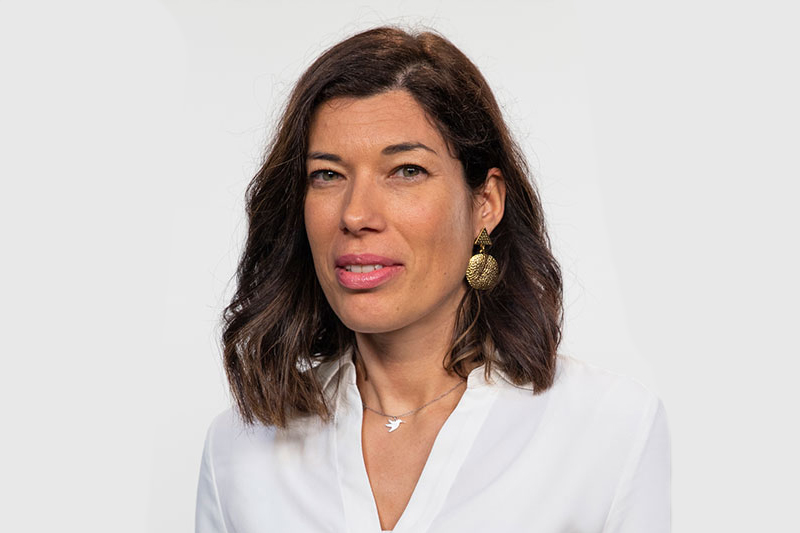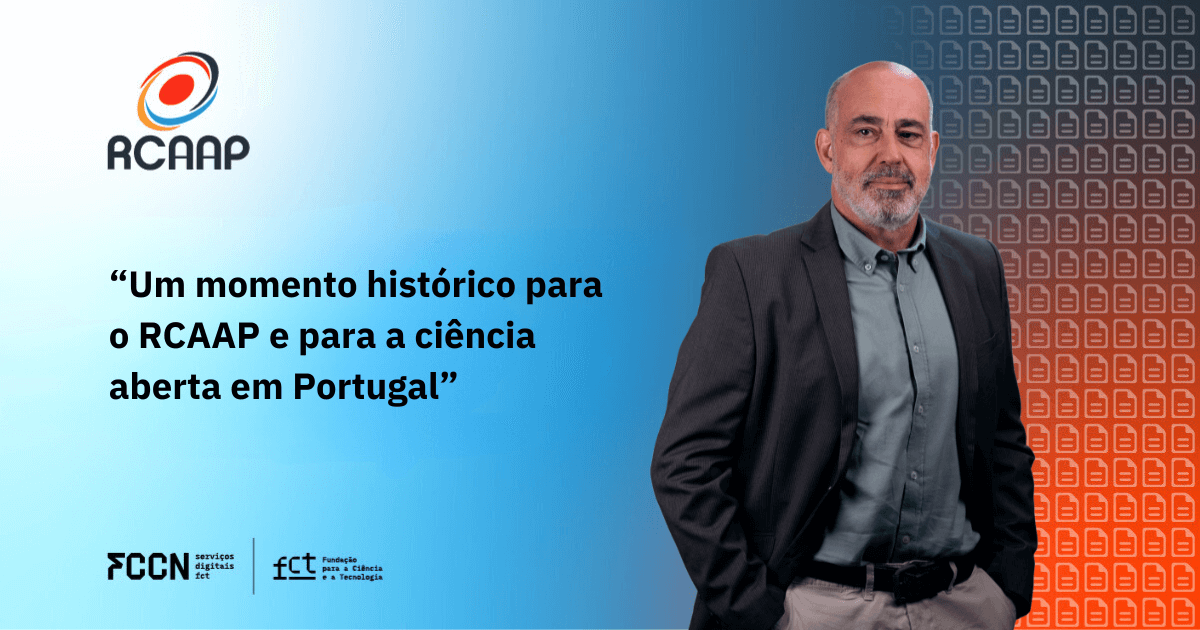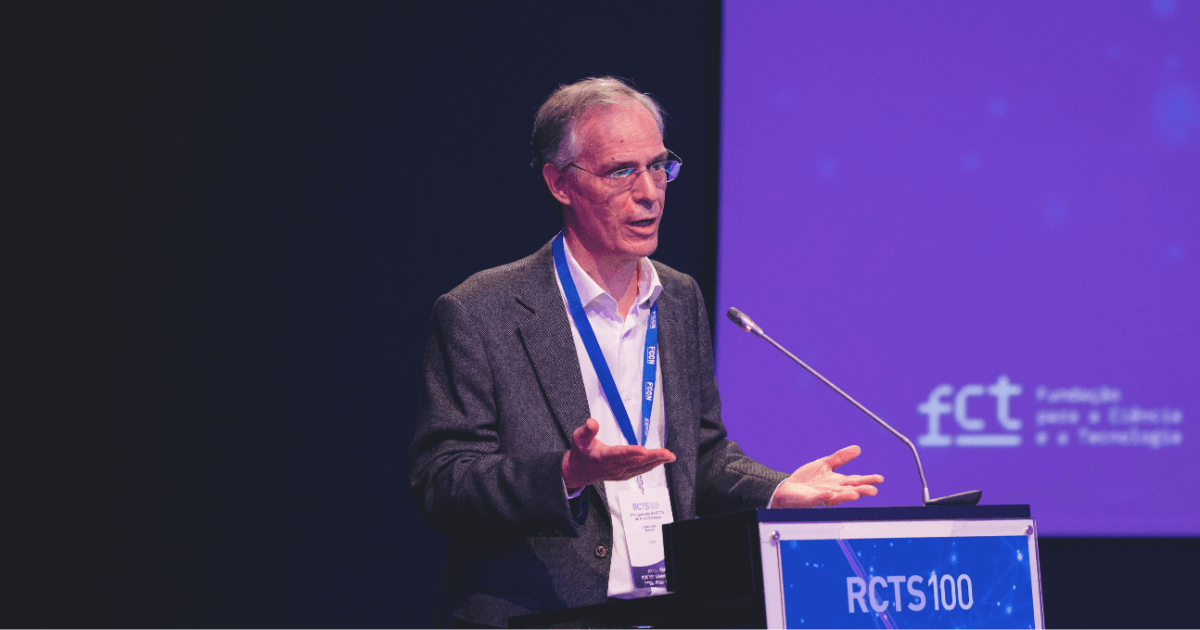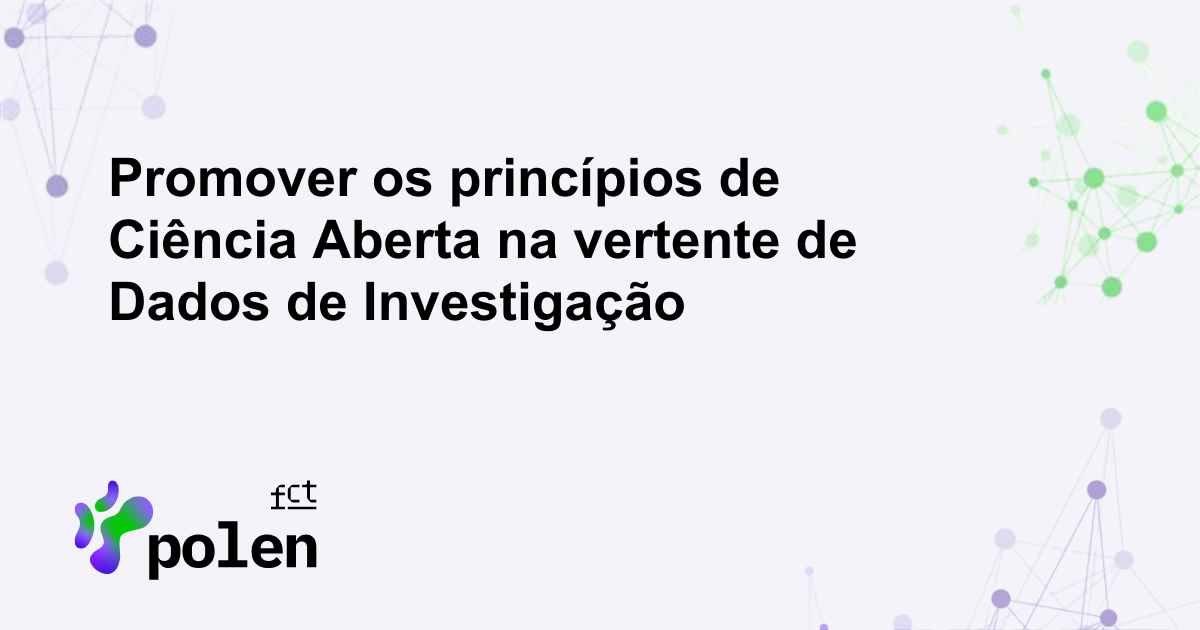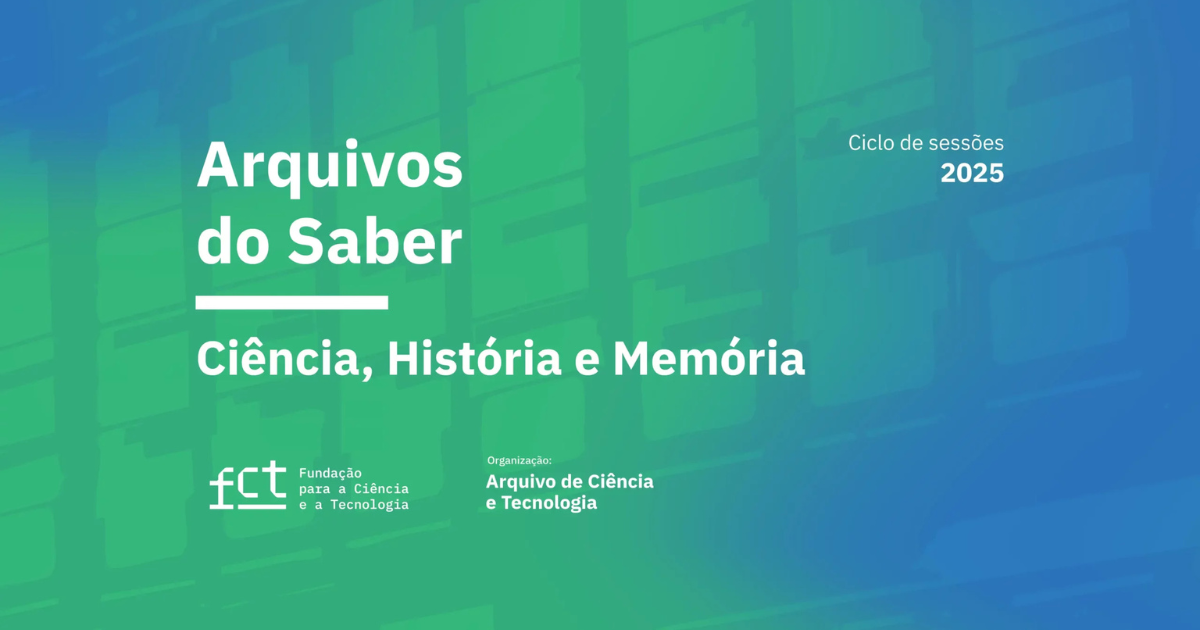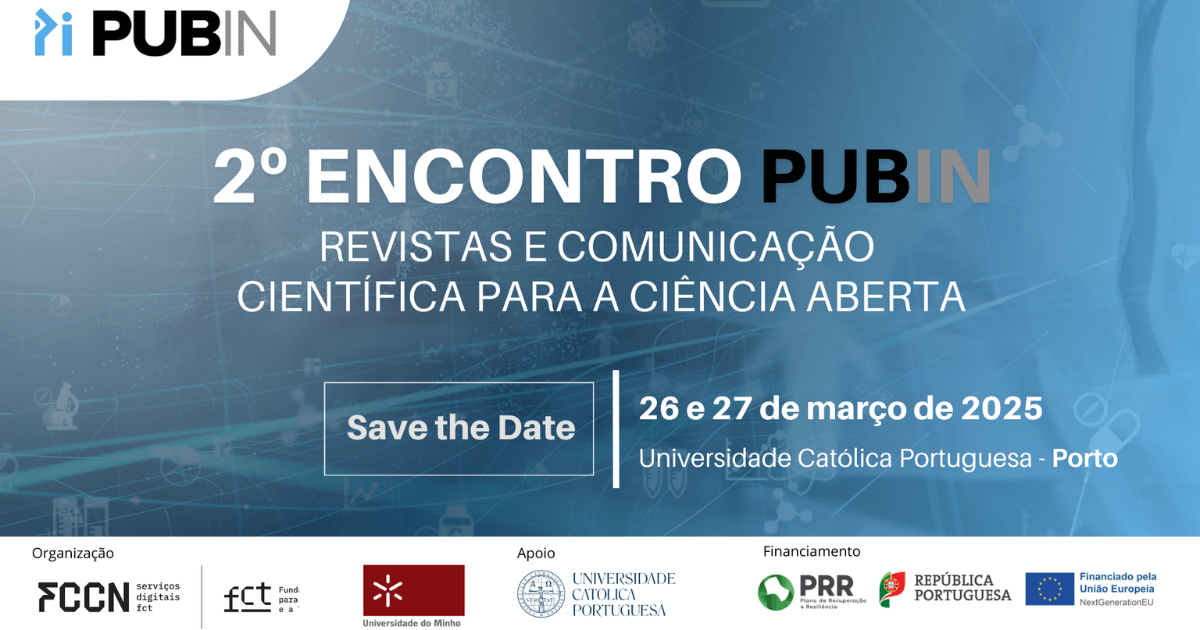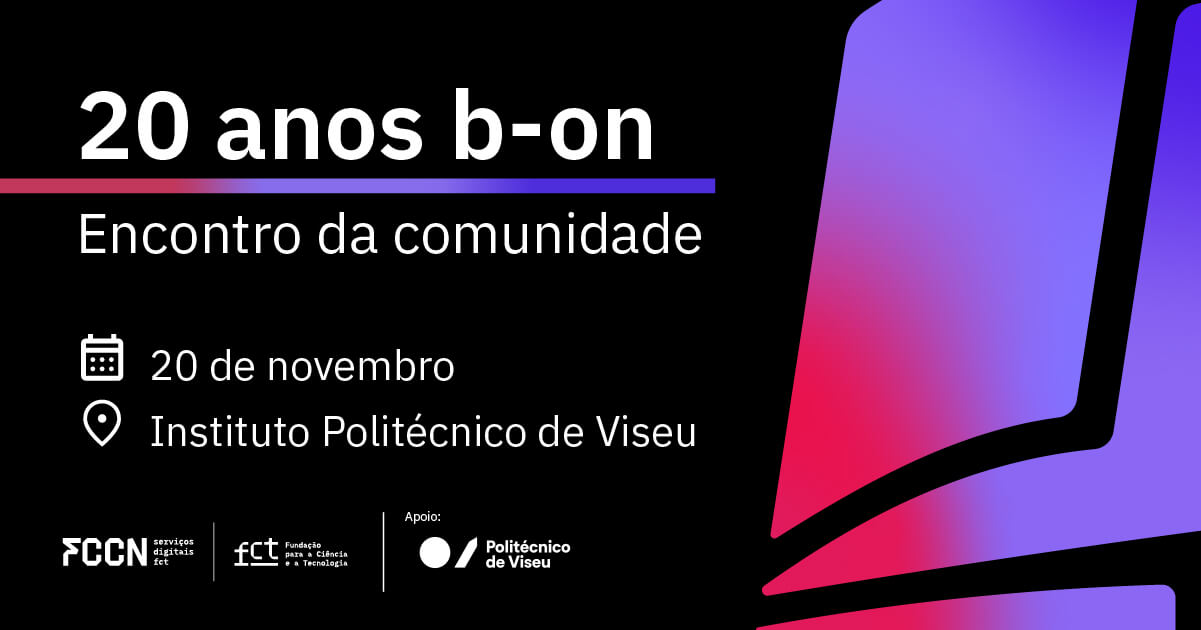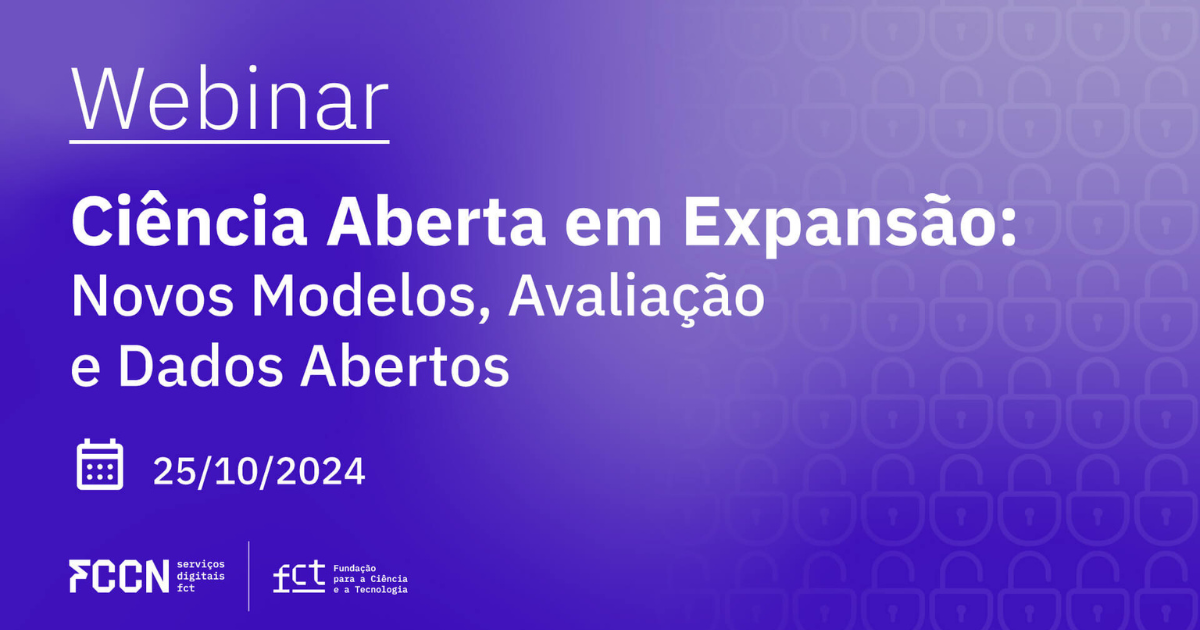The manager of the CIÊNCIAVITAE program, Cátia Laranjeira, reveals some of the current features of this project, which is run by the FCT's National Scientific Computing Unit (FCCN), and highlights its added value for scientists in Portugal.
Looking at the characteristics of scientific or research activity, in what ways can CIÊNCIAVITAE help a scientist?
In the course of their activity, scientists have to submit their curricular information multiple times, to various entities of the scientific system (e.g. funding agencies, institutional information systems and others). CIÊNCIAVITAE aims to simplify the sharing of this information by reducing the bureaucratic burden that falls, today, on scientists.
And how is this simplification achieved?
For this, CIÊNCIAVITAEprovides mechanisms that allow the user to reuse information previously recorded on other platforms, record information quickly and, finally, propagate the recorded information through integration with other management systems of scientific activity.
CiênciaVITAE is a relatively recent project. Do you feel that, even so, there is already a palpable impact on the daily practice of Portuguese researchers? In what way?
CIÊNCIAVITAEaims to be a repository of curricular information that the user can use in their interaction with the different entities of the national scientific system. In this sense, it complies with the principle "Fill once, reuse multiple times". The adoption of CIÊNCIAVITAEby researchers became massive with the integration of this platform in the funding systems of the Foundation for Science and Technology (FCT), in 2019. From that moment on, researchers were able to choose CIÊNCIAVITAEto share their curricular information, within the scope of FCT funding applications.
What impact is there likely to be in the future?
In the future, it is expected that the impact of the adoption of this new system on administrative simplification will increase significantly, by enabling its use in administrative acts based on a CV with other entities of the national scientific system besides FCT - for example, the National Agency for Innovation (ANI), the Agency for Assessment and Accreditation of Higher Education (A3ES) or the Directorate General for Statistics of Higher Education and Science (DGEEC).
What is your assessment of the project's implementation? Are there any figures that you think are relevant to share?
The official launch of CIÊNCIAVITAEwas on 26 September 2018 and, since then, more than 46,000 CVs have been created on the platform. Of these, there are records of 797,728 productions and 175,354 projects. The new curriculum management platform has been widely promoted through more than 90 presentation sessions with 2673 participants from 162 institutions.
What other ways of promoting CIÊNCIAVITAE have been implemented?
I would like to highlight the recently established CIÊNCIAVITAEnetwork of promoters, which has the collaboration of representatives of 136 national Research and Development Units and whose work has been fundamental for the dissemination of the platform and the training of users in its use.
Looking ahead, what next steps are planned?
In the next triennium, the development of CIÊNCIAVITAEfocuses on three distinct axes: users, institutions and integrations. Regarding users, the focus is on implementing improvements and new features that address the most pressing needs. Regarding the institutions, we highlight the development of a service of institutional indicators, based on CIÊNCIAVITAE, which aims to provide institutions with relevant metrics to better monitor the performance and management of their processes. Finally, the work that has been done so that CIÊNCIAVITAEcan be used in the administrative procedures involving the sharing of curricular information within the scientific system will be continued.
